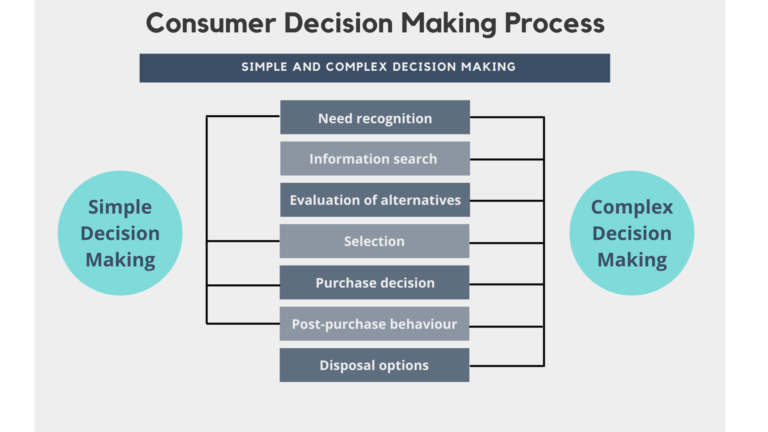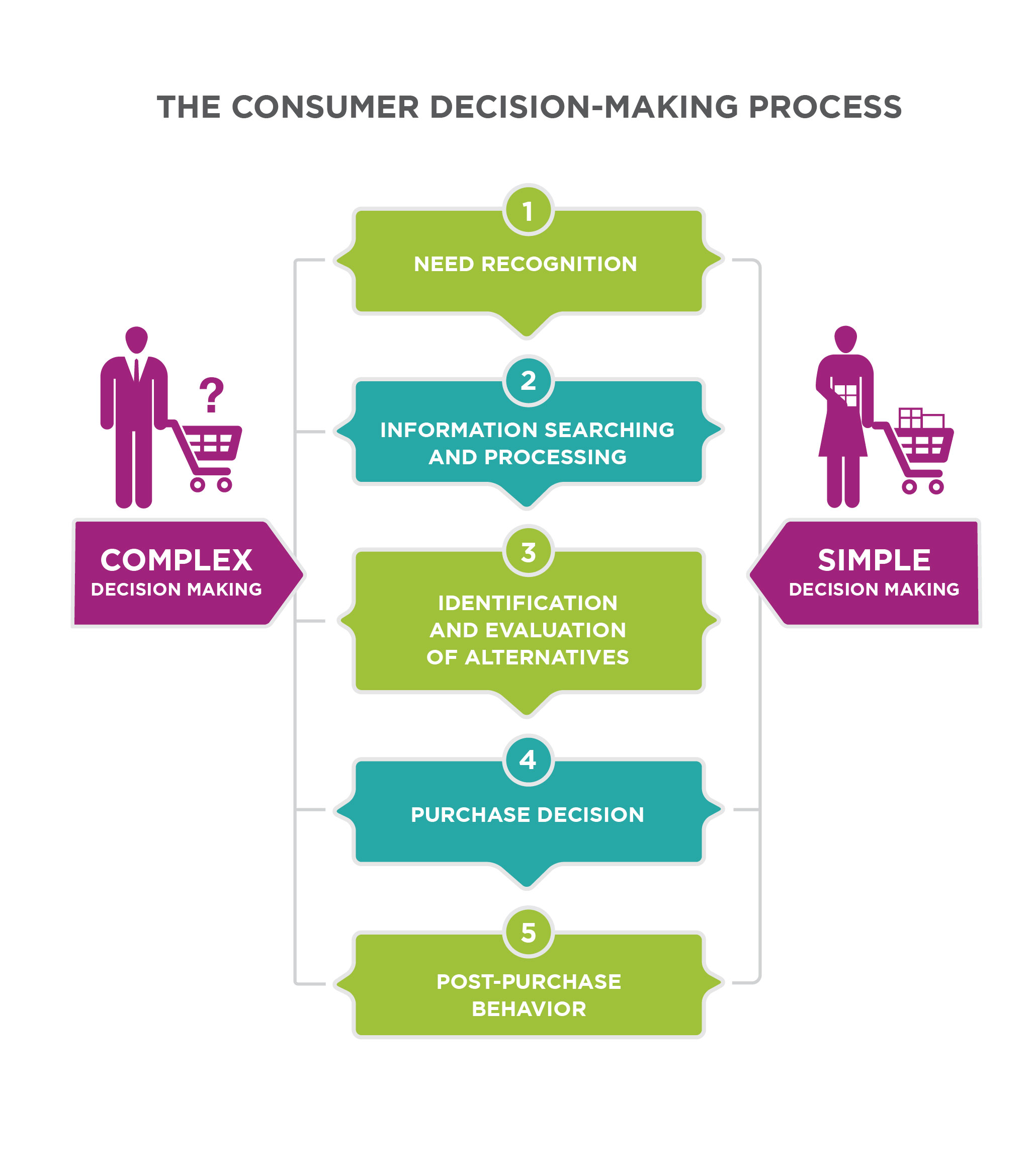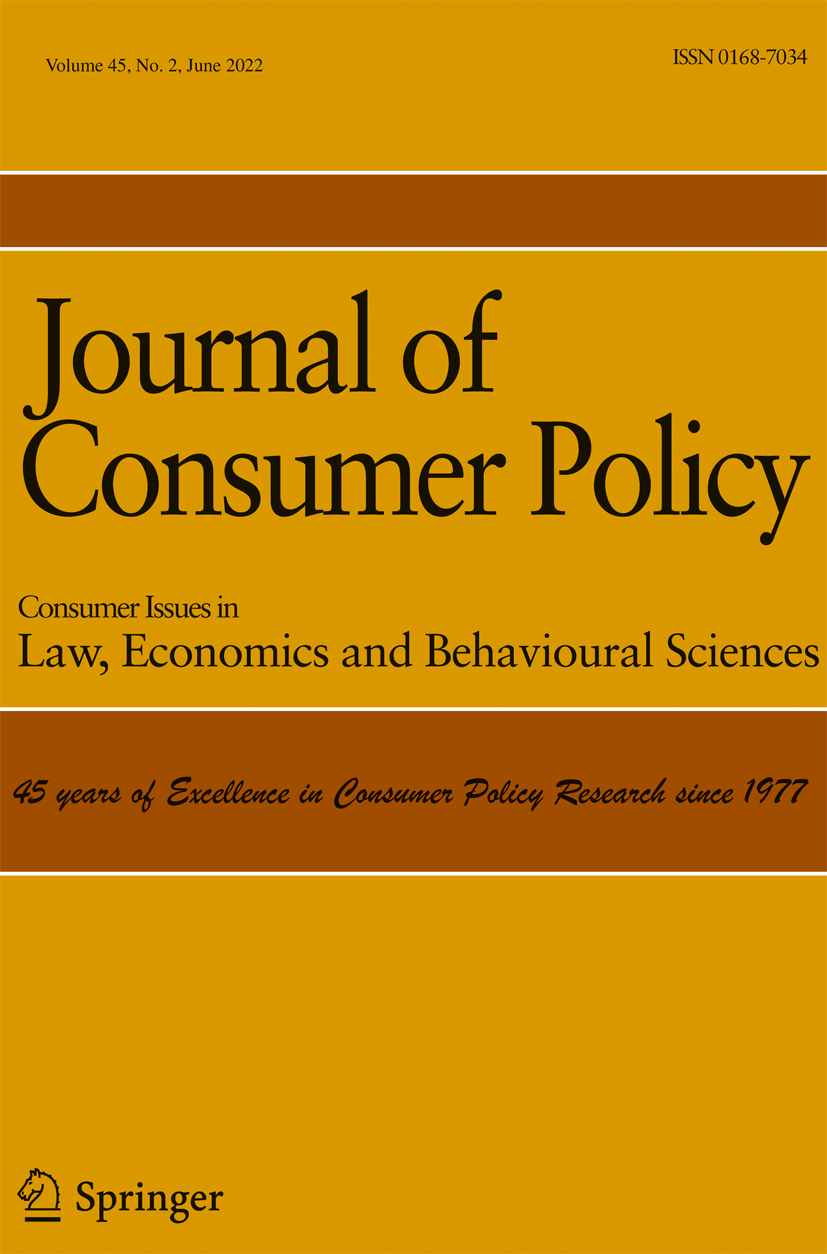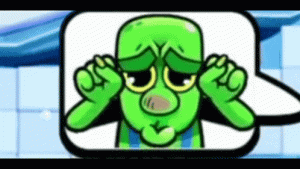In a major development that has captured the attention of consumers and legal experts alike, Chobani, one of America’s most popular yogurt brands, is facing a significant class-action lawsuit. The case centers around allegations of false advertising and misleading claims about the naturalness and health benefits of its products. As the lawsuit unfolds, it raises important questions about food labeling, consumer trust, and the responsibility of companies to ensure transparency in their marketing.
This article delves into the details of the Chobani sued lawsuit, explores the key claims being made, and examines what this could mean for consumers and the broader food industry.
Understanding the Chobani Lawsuit
The lawsuit, which was filed in March 2025, alleges that Chobani misrepresented the ingredients and nutritional content of several of its products. Specifically, the plaintiffs claim that Chobani falsely labeled certain items as “natural” or “healthy,” when in reality, they may contain synthetic additives or misleading sugar content.
The case includes a wide range of Chobani products, such as Greek Yogurt, Zero Sugar line, Probiotic Drinks, and Oat-Based alternatives. These products are under scrutiny for using terms like “low sugar,” “natural,” and “gut-friendly” without sufficient scientific backing.
According to the lawsuit, some of these products may include alternative sweeteners that could still cause spikes in blood sugar levels, despite being marketed as low-sugar options. Additionally, the term “gut-friendly” is being questioned, as there is no clear evidence supporting the health benefits claimed by the company.
This lawsuit reflects a growing trend among consumers who are demanding more honesty in food labeling, especially in an era where health-focused marketing is increasingly prevalent.
Key Allegations in the Lawsuit
The core of the lawsuit revolves around the following allegations:
- Misleading “Natural” Claims: The plaintiffs argue that some Chobani products labeled as “natural” actually contain synthetic or artificial ingredients.
- False “Low Sugar” Claims: Alternative sweeteners used in products like the Zero Sugar line may not be as beneficial as advertised.
- Unverified Health Benefits: Terms like “probiotic” and “gut-friendly” are said to lack scientific validation.
These claims have sparked a broader conversation about how food companies market their products and whether they are overstepping with health-related claims.
Legal experts suggest that this case could set a precedent for other food and beverage companies. If the court rules in favor of the plaintiffs, it may lead to stricter regulations from the FDA and FTC regarding the use of health-related terms on product packaging.
Chobani’s Response

Chobani has denied all the allegations in the lawsuit, stating that its labels are transparent and compliant with federal regulations. In a formal statement released in August 2025, the company emphasized that it stands behind the quality of its products and the accuracy of its marketing.
“We believe our labels clearly reflect the ingredients and nutritional information of our products. This lawsuit is without merit, and we intend to defend our brand vigorously,” the company said.
Despite the allegations, Chobani has not issued any product recalls, and the lawsuit is currently focused on labeling disputes rather than safety concerns.
Why This Matters to Consumers
For many consumers, the Chobani lawsuit highlights a critical issue: the importance of accurate and transparent food labeling. With so many health-focused products on the market, shoppers rely heavily on front-of-package claims to make quick decisions in the grocery aisle.
If proven true, this case could lead to changes in how companies market their products, potentially requiring more rigorous testing and clearer labeling practices.
Consumers are encouraged to read beyond the front labels and carefully review ingredient lists and nutrition facts. Staying informed through trusted legal sources like Justia or Law360 can also help shoppers understand the implications of such lawsuits.
What Could Happen Next?

The outcome of the Chobani lawsuit could have far-reaching consequences for the food industry. Potential outcomes include:
- Monetary settlements for affected consumers.
- Changes in labeling across multiple product lines.
- New regulations for how food marketers promote health benefits.
Functional food and beverage companies, particularly those selling plant-based, probiotic, or “zero sugar” products, are closely watching this case. The ripple effect could reshape the industry and lead to more transparent and scientifically-backed marketing practices.
Industry Implications

The Chobani lawsuit is part of a larger movement toward greater transparency in food marketing. As consumers become more health-conscious and informed, they are increasingly skeptical of vague wellness claims. This trend is pushing regulators to take a closer look at how food companies present their products.
In recent years, similar lawsuits have led to changes in labeling practices and even product reformulations. For example, companies have been forced to remove misleading claims or provide more detailed nutritional information.
This case could serve as a wake-up call for the food industry, emphasizing the need for honesty and accountability in marketing.
Final Thoughts
Whether Chobani is found liable or not, this lawsuit underscores a growing demand for transparency in food labeling. As the wellness food market continues to expand, consumers are becoming more discerning and less willing to accept vague or unverified health claims.
For now, the Chobani lawsuit remains a significant development in the ongoing debate over food marketing and consumer rights. As the case progresses, it will be essential for shoppers to stay informed and continue advocating for honest and accurate product information.
FAQs
What is the Chobani lawsuit about?
The lawsuit alleges that Chobani engaged in deceptive advertising by misrepresenting the naturalness and health benefits of its products.
Which products are named in the case?
Greek Yogurt, Zero Sugar line, Probiotic Drinks, and Oat-Based products are among those targeted.
Is Chobani recalling any products?
No product recalls have been announced. The lawsuit is focused on labeling disputes.
Can I still safely eat Chobani products?
Yes, the issue is about advertising, not safety.
Stay Updated with the Latest News
As the Chobani lawsuit unfolds, it’s crucial to stay informed about developments and their potential impact on the food industry. Follow updates via trusted legal platforms and remain vigilant when making purchasing decisions.
Stay tuned for more breaking news and in-depth analysis on the latest US trending news.











More Stories
US Trending News: Affiliate Secrets Review
US Trending News: Understanding Alameda County Property Tax
Understanding Alameda Property Tax: A Complete Guide for Homeowners